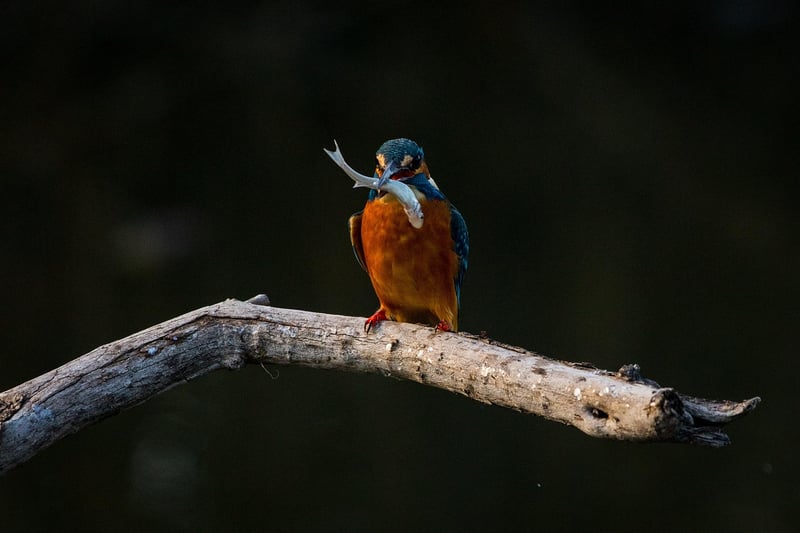Natural Predators
Protecting Your Garden with Natural Predators
Having a beautiful garden is a joy for many, but pesky pests can quickly turn that joy into frustration. Instead of resorting to harmful chemicals, consider harnessing the power of natural predators to keep your garden thriving.
Beneficial Insects
Not all insects are harmful to your garden; some are actually beneficial in controlling pest populations. Encourage ladybugs, lacewings, and praying mantises to take up residence in your garden as they feed on aphids, caterpillars, and other pests.
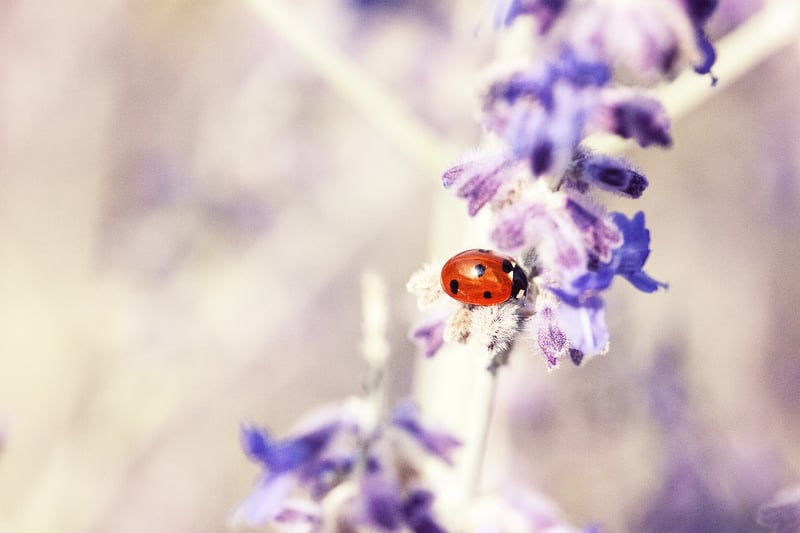
Attracting Birds
Birds are excellent natural predators that feed on insects and caterpillars. Hang bird feeders, birdbaths, and birdhouses to attract a variety of bird species to your garden. Robins, chickadees, and wrens are known for their pest control capabilities.
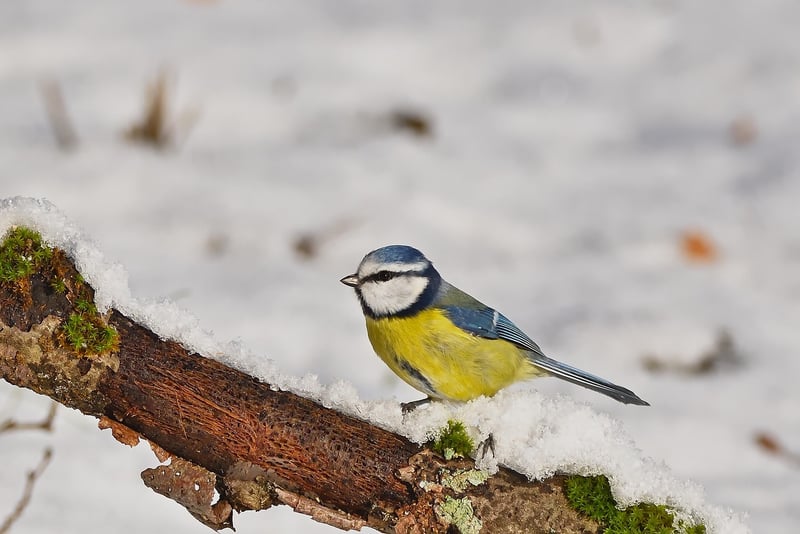
Beneficial Plants
Planting certain flowers and herbs can help repel pests while attracting beneficial insects. Marigolds, lavender, and mint are known for their pest-repelling properties, while dill and fennel attract beneficial insects like ladybugs.
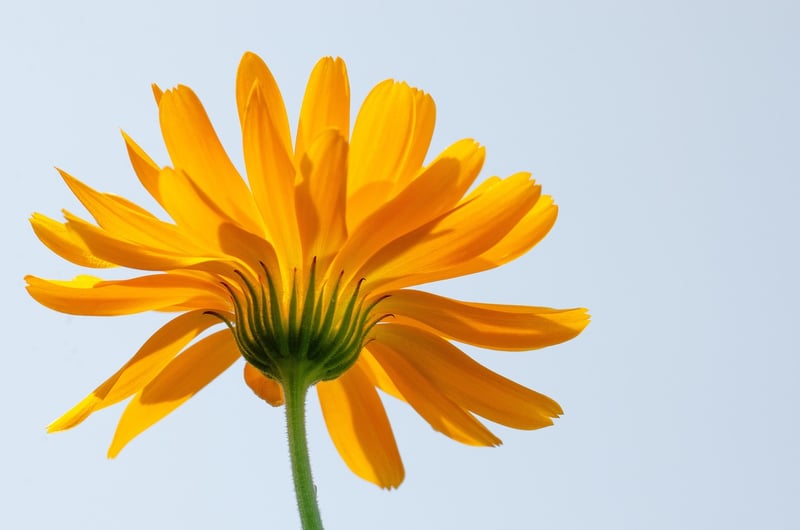
Beneficial Animals
Consider introducing beneficial animals to your garden, such as frogs, toads, and lizards. These creatures feed on slugs, snails, and insects, helping to keep pest populations in check naturally.
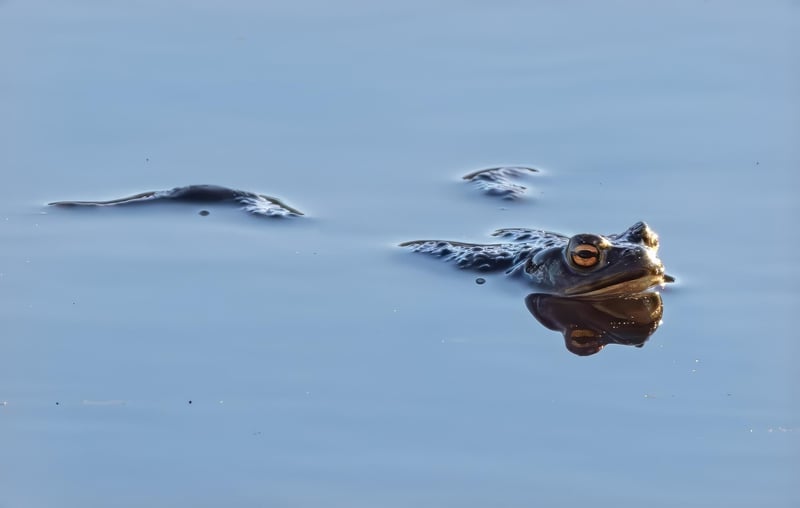
By incorporating natural predators into your garden ecosystem, you can maintain a healthy balance and reduce the need for harmful pesticides. Not only will your garden thrive, but you'll also create a welcoming environment for beneficial wildlife.
Remember, a diverse and balanced ecosystem is the key to a successful garden!
